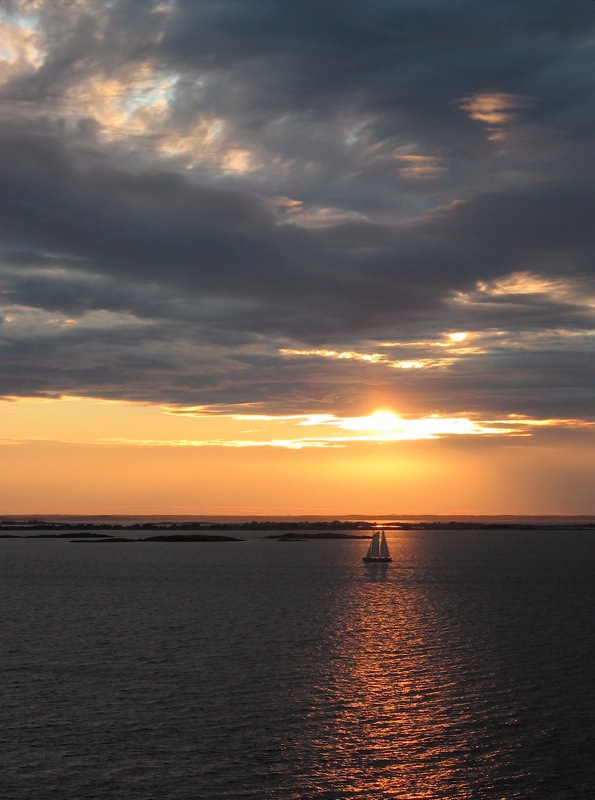
I’ve just finished reading Stuart Maconie’s “
Pies and Prejudice: in Search of the North
”. I grabbed it in WH Smiths at the ferry port in Dover as I was exiting England stage right last month. I bought it for a variety of reason. Firstly, I’ve always liked Maconie as a broadcaster, I knew as I read it I would have his dulcet Wigan tones in my head. Secondly, when I leave the UK I tend to get pangs of homesickness, so am willing to wade in some warm thoughts about a part of my homeland that I’m rather fond of. Thirdly, I had heard him talking about the book with Simon Mayo on FiveLive, and he had been recounting how he watched on Good Friday 2006, gobsmacked, “the Manchester Passion”: a reenactment of the resurrection of Christ, but moved to Piccadilly Gardens (for those not -ahem- lucky enough to have visited, this is a small square in the centre of Manchester, that serves as the central bus terminus and hangout for tramps, skaters, hoody-wearing wannabe-ganstas and other various riffraff). Additionally the glorious return of the saviour of man was accompanied by music by various great Manchester bands, of course culminating in the Stone Roses’ “I am the Resurrection”, although not before Tim Booth of James playing Judas got to sing the Smiths’ “Heaven Knows I’m Miserable Now”. I’m really sorry I missed it, but having lived in Manchester, the cities audacity isn’t very surprising – after all, here’s a town that used a major terrorist attack as shortcut to some major urban regeneration. But anyway, that story alone made me want to read “Pies and Prejudice”. Indeed I’m listening to The Best of James as I write this in their hubristic honour.
It’s a nice book – laugh out loud funny in places – and reminiscent I think of Bill Bryson’s “Notes from a Small Isle” in its affection for its subject. But it has a major flaw – its written for two audiences: Northerners who want to slap themselves on the back and say “aren’t we civilized these days even though we’ve kept our core values?” and Southerners (particularly Londoners) who basically think everything north of them is a bit crap and need telling. His first chapter is actually a tour of the South of England, just to show he knows that there is quite a bit diversity from the Essex wideboys to Devon shepherds, but there’s the thing: both Northerners and Southerners in their mutual sense of superiority totally forget the rest. I’ll leave the Scots and the Welsh to look after themselves, they’ve got their own governments after all, but the honour of the Midlands needs defending. Neither Northerners or Southerners know anything about the Midlands as a rule. They might be vaguely aware of Birmingham, but that will be about that. Having lived in Glasgow, Leeds, Manchester and met people from all over the UK, it gets kind of dull hearing “so where are you from?”, “Worcestershire”, “Oh, right… errr… where exactly is that?” Don’t worry that Worcester is home to one of the finest cathedrals in Europe, or that Birmingham was the industrial centre of the world in the 19th century, or that Shropshire has some of the most beautiful rural scenery of anywhere in the UK, it’s the Midlands – who cares.
Northerners think they are hard done by because the London media types look down on them, but the defensiveness breeds its own superiority complex. My first move was from Worcestershire to Glasgow, hopping straight over “the North”. I know it’s the north of England, but when you look south from Scotland, all the bluff toughness over how cold and windy it is up/down there in “the North” looks a bit whiney. Moving to the second most northerly capital in the world, has only reinforced this view. Northerness is clearly a state of mind, rather than a geographical position, a point that Maconie makes well.
I’m still a bit suspicious of Yorkshire, they are far too much of a country for their own good, but as a whole the North of England is, if you avoid the chavs and scallies, a fine place. The CIA World Factbook entry on the UK describes it geographically as “mostly rugged hills and low mountains; level to rolling plains in east and southeast”. Most foreigners' image of England is based on the latter, but as all Northerners know, it is the former that really dominates, and that’s not just a state of mind. Take a drive up in the North Pennines, in its own way, it is a beautiful as anywhere in else Europe.
 I post this purely because it amused me. I've been doing a bit of background research on the Canadian political debate over their presence currently in Afghanistan, but from time to time Google throws up something far more interesting than what you should be doing. This is a from a document about the experience of Canadian soldiers during the Korean War at the start of the 1950s. Life was pretty miserable, spending long periods of time in trenches in the freezing Korean winter:
I post this purely because it amused me. I've been doing a bit of background research on the Canadian political debate over their presence currently in Afghanistan, but from time to time Google throws up something far more interesting than what you should be doing. This is a from a document about the experience of Canadian soldiers during the Korean War at the start of the 1950s. Life was pretty miserable, spending long periods of time in trenches in the freezing Korean winter:









